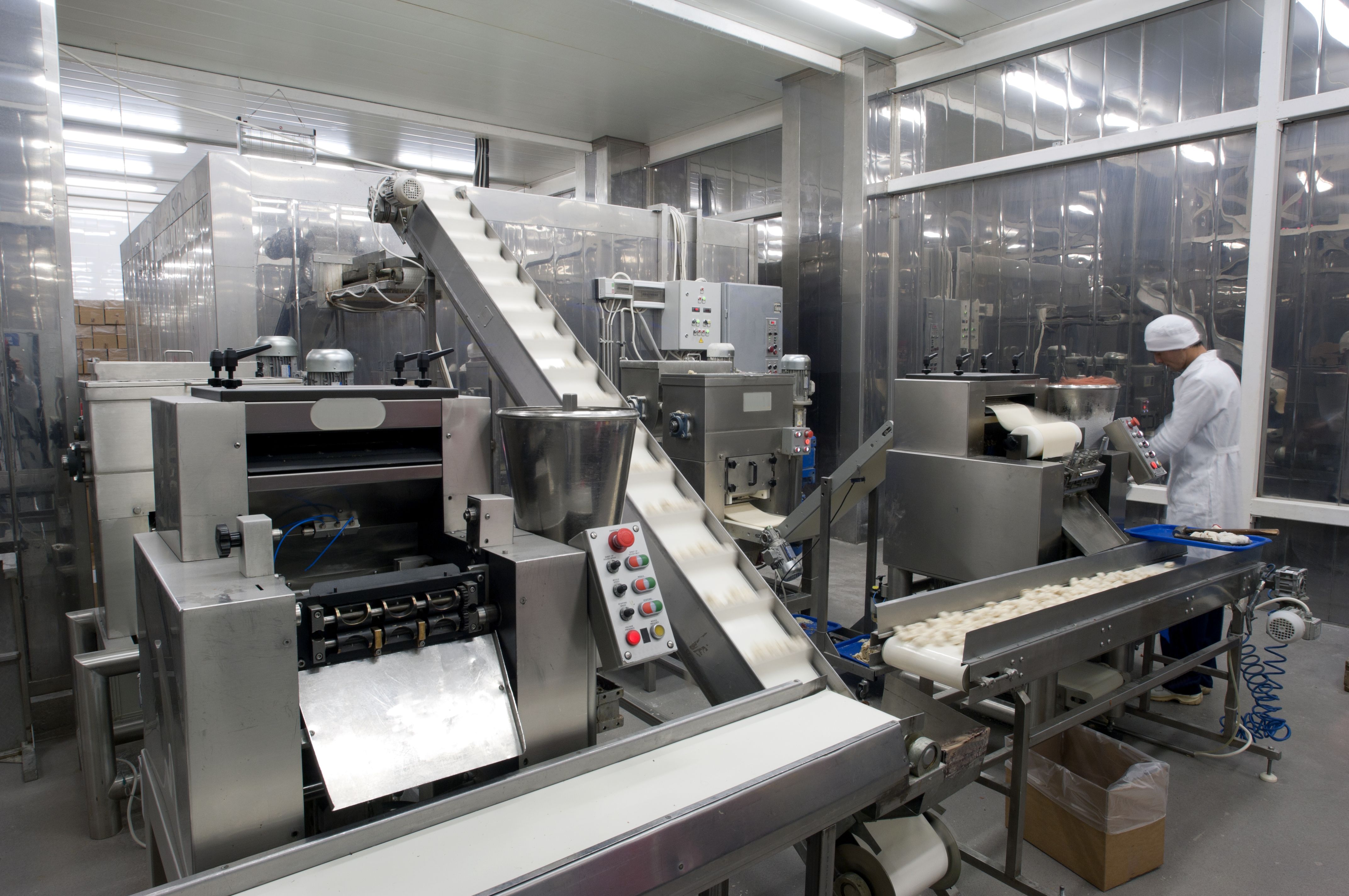Global Growth and Technological Advances in Food Manufacturing
Global Growth in Food Manufacturing
The food manufacturing industry has experienced significant growth across the globe over the past few decades. This expansion is driven by several factors, including population growth, increased urbanization, and a rising middle class with higher disposable incomes. As countries continue to develop economically, the demand for processed and packaged foods is on the rise, contributing to the industry's rapid growth.
One of the key regions experiencing this boom is Asia, where countries like China and India are leading the charge. The burgeoning middle class in these nations is driving demand for a wider variety of food products, including healthier options and convenience foods. Additionally, globalization has allowed for easier access to international markets, further fueling growth.

Technological Advances in Food Manufacturing
The food manufacturing industry is also witnessing remarkable technological advancements. These innovations are not only improving efficiency and productivity but are also enhancing food safety and quality. Technologies such as automation, artificial intelligence (AI), and the Internet of Things (IoT) are transforming how food is produced, packaged, and distributed.
Automation and robotics have become integral to modern food manufacturing. Automated systems can handle repetitive tasks with precision and speed, reducing human error and labor costs. This technology is particularly beneficial in packaging and quality control processes, where consistency is crucial.

The Role of Artificial Intelligence
AI is playing an increasingly important role in food manufacturing. From optimizing supply chains to predicting consumer trends, AI algorithms are providing actionable insights that help manufacturers make smarter decisions. AI-powered systems can analyze vast amounts of data to identify inefficiencies and propose solutions, thereby enhancing overall operational efficiency.
- Predictive maintenance of machinery
- Optimized inventory management
- Enhanced quality control measures
Internet of Things in Food Manufacturing
The integration of IoT devices in food manufacturing allows for real-time monitoring and control of production processes. Sensors can track temperature, humidity, and other environmental factors critical to maintaining product quality. This level of monitoring ensures that any deviations from set standards can be immediately addressed, thus minimizing waste and ensuring compliance with safety regulations.

Sustainability and Future Trends
As the industry grows, there is an increasing emphasis on sustainability. Consumers are becoming more conscious of the environmental impact of their food choices, prompting manufacturers to adopt more sustainable practices. This includes reducing carbon footprints, minimizing resource consumption, and utilizing sustainable packaging solutions.
Looking ahead, several trends are poised to shape the future of food manufacturing. These include a greater focus on plant-based products, personalized nutrition, and advancements in biotechnology such as lab-grown meats. These innovations promise to meet the evolving preferences of consumers while addressing global challenges related to food security and sustainability.
In conclusion, the global growth and technological advances in food manufacturing are reshaping the industry in unprecedented ways. By embracing innovation and sustainability, manufacturers are well-equipped to meet the demands of an ever-changing market.
